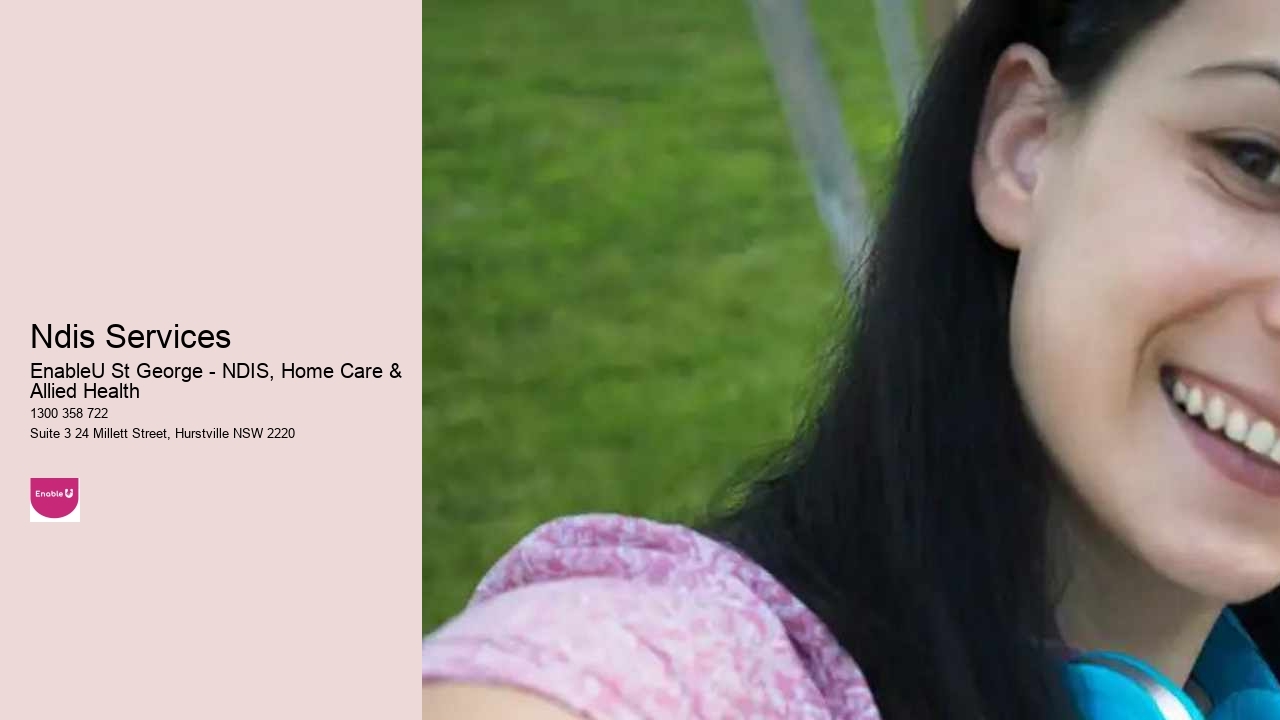Transitioning from Informal to Formal Support: What You Need to Know
Many families across Canterbury Bankstown, Strathfield, Burwood, and the Inner West rely on informal support — typically from family members, friends, or neighbours — to help loved ones living with disability or age-related needs. While this type of care is essential and often deeply personal, it can also lead to burnout, gaps in professional support, and limited access to specialised services.
At EnableU, we understand that making the shift to formal support services — through the NDIS or Home Care Packages — can feel like a big step. That’s why we offer guidance and culturally respectful assistance throughout the transition process, ensuring it’s done at your pace, with your preferences at the centre.
What Is Informal Support?
Informal support refers to unpaid assistance provided by family, friends, neighbours, or community members. This might include:
- Helping with meals or household tasks
- Providing transport to appointments
- Assisting with personal care or medication
- Offering emotional support or companionship
While informal care plays a vital role in many families, it often lacks consistency, structure, or access to allied health professionals — particularly as needs become more complex with age or disability.
Why Transition to Formal Support?
Here are some common reasons families in the Inner West and Canterbury Bankstown begin to explore formal support through EnableU:
- Caregivers are ageing or managing their own health issues
- Participants require physiotherapy, occupational therapy, or personal care
- Family members are returning to work or study
- Support is inconsistent or no longer meeting the participant’s needs
- The participant is eligible for NDIS or government-funded Home Care
Transitioning doesn’t mean losing control — it means adding qualified, reliable help that supports both the participant and their family.
Step-by-Step: How to Transition to Formal Support with EnableU
Step 1: Start the Conversation
We work with families to understand their current routines, cultural dynamics, and support concerns. Many are nervous about involving outside help — we listen without judgement and offer options that respect your values.
Step 2: Determine Eligibility
Our team helps families explore whether the participant qualifies for:
- NDIS funding (under 65 years old with a disability)
- Home Care Packages (for older adults 65+)
If eligible, we assist with application paperwork, assessments, and service navigation.
Step 3: Build a Care Plan That Works
EnableU creates a tailored support plan that complements existing informal support. Some families choose part-time help at first — such as daily personal care or weekly allied health visits — while others gradually hand over more responsibilities.
Plans can include:
- Meal preparation and domestic tasks
- Therapy sessions at home
- Medication support and personal care
- Community access and social engagement
Step 4: Match with the Right Team
We match participants with qualified support workers or therapists who understand their language, culture, and needs. You meet your team before services begin to build comfort and trust.
Step 5: Review and Adjust
We monitor progress, check in regularly, and adjust the care plan as needed. Our goal is to empower independence — not replace it.
Respecting Cultural and Family Values
EnableU specialises in culturally respectful transitions. Many of our clients come from Arabic, Vietnamese, Chinese, Indian, or Pacific Islander backgrounds — where caregiving is deeply personal. We respect this by:
- Ensuring gender-appropriate support where preferred
- Involving elders or family decision-makers in planning
- Working in collaboration with informal carers
- Maintaining privacy and dignity at all times
We don’t replace your role — we support it.
Benefits of Formal Support for Families
When done right, transitioning to formal support:
- Relieves family stress and burnout
- Improves participant health outcomes with allied health access
- Allows for better work-life balance among caregivers
- Introduces structured care routines
- Gives participants more control and choice
Is It Time to Consider Formal Support?
If you’ve noticed that:
- Support needs are increasing
- Family members are stretched thin
- You want access to professional services
… it might be time to explore what formal NDIS or aged care services can offer.
EnableU Makes the Transition Easier
We’ve helped hundreds of families across Canterbury Bankstown, Inner West, and surrounding areas move from informal to formal support. Our multilingual, caring staff are here to guide you every step of the way.
Contact your local EnableU team today to learn more about building a care plan that supports both your loved one — and you.
Because no carer should have to do it all alone. And no participant should miss out on the care they deserve.
